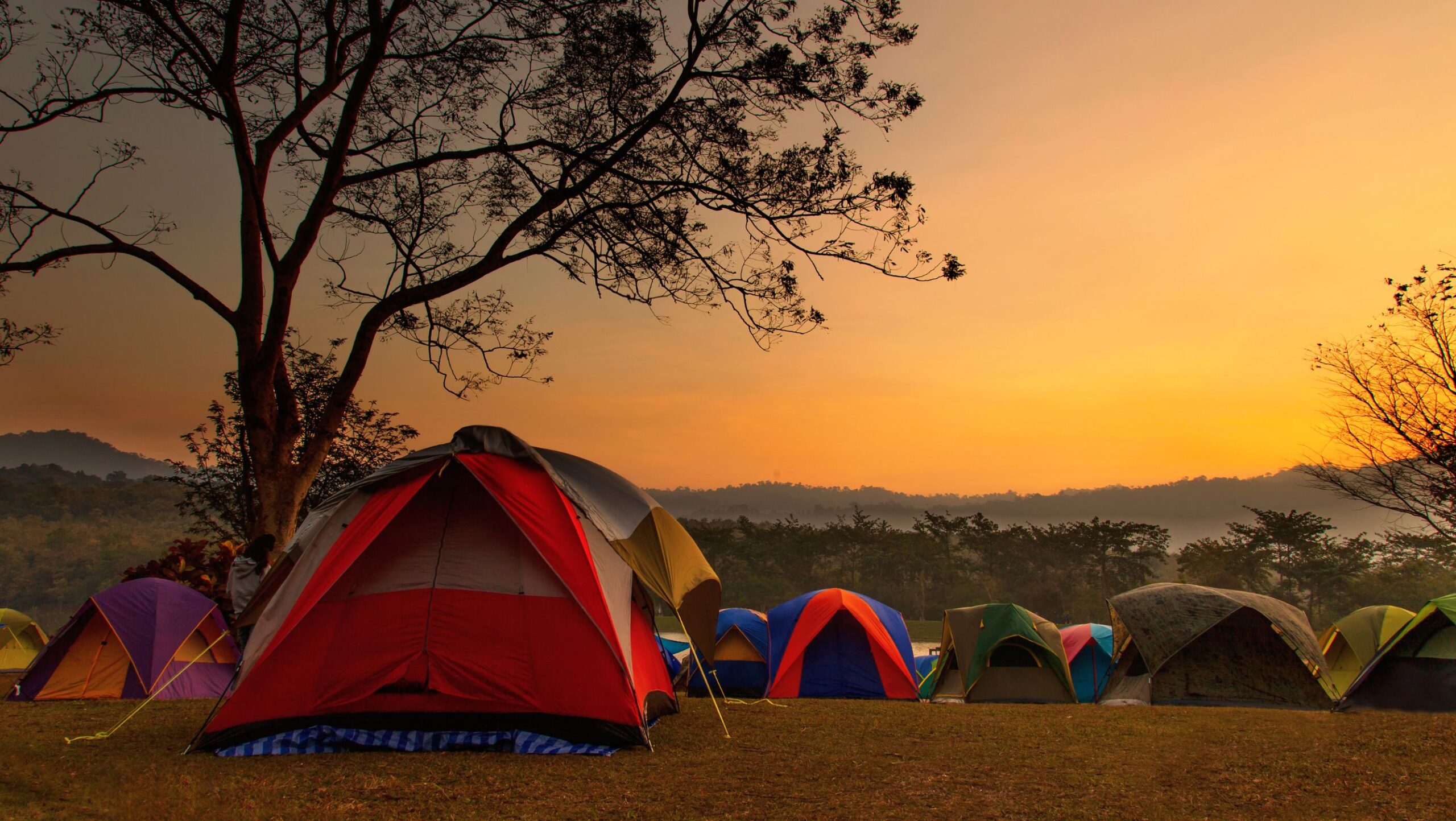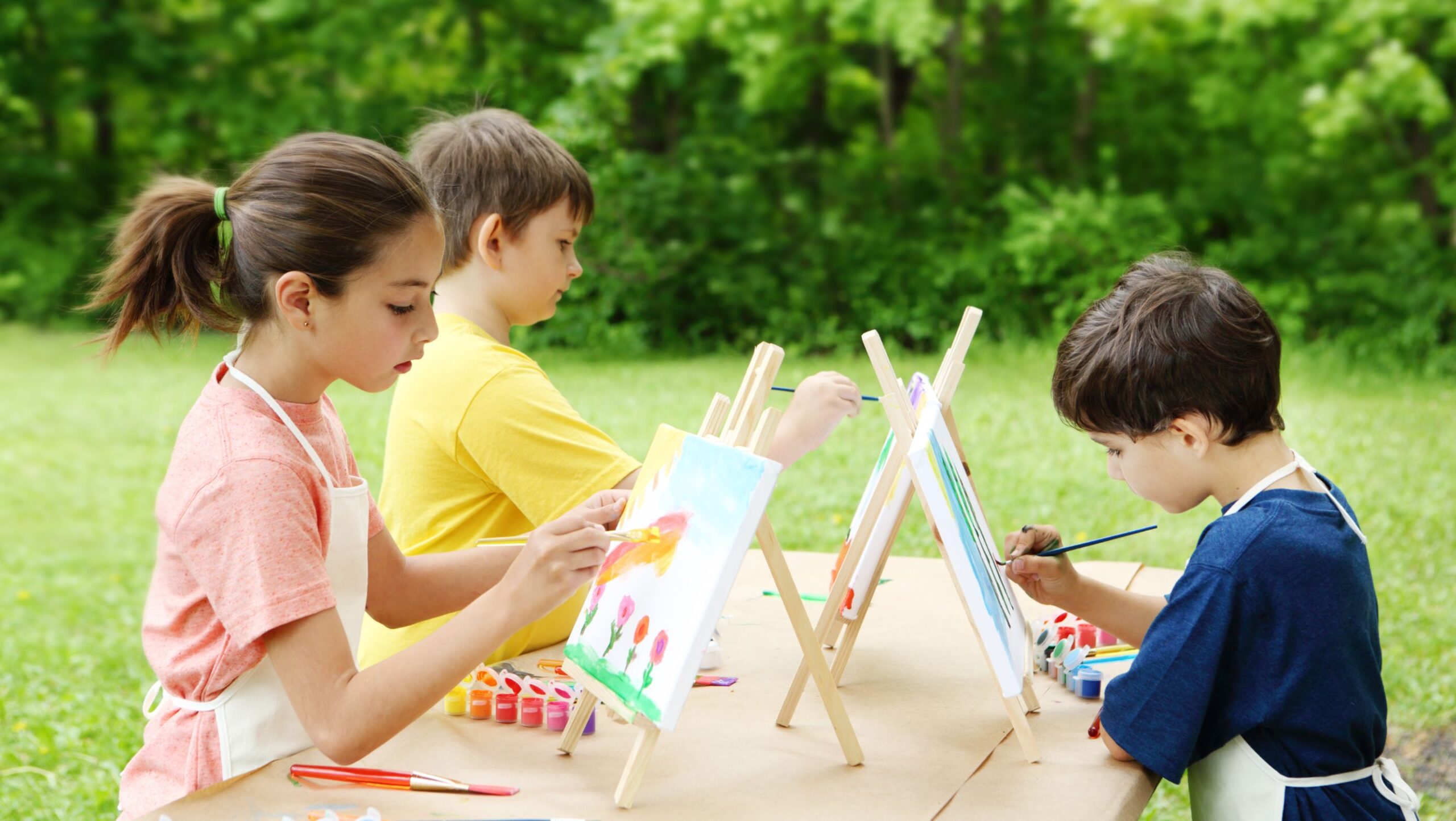As parents seek enriching experiences for their children’s development, many wonder about the true value and impact of sending their kids to camp. What does camp do for a child?
Camp provides children with structured opportunities for personal growth, social skill development, and independence building through activities and peer interactions in a supervised environment away from home. Studies show that 96% of campers say camp helped them make new friends and 70% gained self-confidence at camp.
While this quick answer captures the basic benefits, there’s much more to understand about how different types of camps – from day camps to specialty programs – can impact various aspects of a child’s development. Learning about these specific benefits can help you choose the right camp experience for your child’s unique needs and interests.
How Different Types Of Camps Benefit Children In Unique Ways
Day camps offer children the opportunity to develop new skills and friendships while maintaining the comfort of returning home each evening. These programs are particularly beneficial for younger children or those new to the camp experience, as they provide a gentle introduction to independence. Day camps typically focus on diverse activities like sports, arts, or nature exploration, allowing kids to discover new interests in a structured environment.
Overnight camps, on the other hand, create deeper opportunities for personal growth through extended periods away from home. Parents researching overnight summer camps should prioritize programs that help children learn to navigate daily responsibilities, manage their emotions, and build lasting relationships, even when they are not under immediate parental supervision. This experience often results in significant gains in self-reliance and problem-solving skills.
Specialty camps, such as those focused on STEM, performing arts, or wilderness skills, provide intensive exposure to specific interests. These programs can help children develop expertise in their chosen areas while connecting with peers who share their passions.
What Age Is Great To Start Sending A Child To Camp?
Most child development experts agree that children can begin attending day camps around age 5-6, when they’ve developed basic self-care skills and can follow multi-step instructions. However, readiness varies significantly among children and depends more on emotional maturity than chronological age.
Many organizations recommend waiting until age 8-10 for overnight camps, when children have developed stronger coping mechanisms and can better manage homesickness. Some children may be ready earlier, while others might benefit from waiting a bit longer.
Parents can assess their child’s readiness by considering factors such as their ability to handle sleepovers, their level of independence in daily tasks, and their interest in attending camp.
How Can Parents Prepare Their Child For A Successful Camp Experience?
Preparation begins with open conversations about what to expect at camp, including both exciting opportunities and potential challenges. Involving children in the camp selection process helps build enthusiasm and ownership of the experience.
 Practice sessions of basic self-care tasks like making beds, organizing belongings, and managing personal hygiene can boost confidence. For overnight camps, scheduling practice sleepovers at friends’ or relatives’ homes can help children adjust to being away from home.
Practice sessions of basic self-care tasks like making beds, organizing belongings, and managing personal hygiene can boost confidence. For overnight camps, scheduling practice sleepovers at friends’ or relatives’ homes can help children adjust to being away from home.
It’s also important to address anxiety or concerns beforehand. Parents should maintain a positive attitude while acknowledging that it’s normal to feel nervous, and remind children that camp staff are there to help them succeed.
What Role Do Camp Counselors Play In A Child’s Experience?
Camp counselors serve as mentors, role models, and temporary guardians, creating a safe and nurturing environment for campers. These trained professionals are typically young adults who can relate to children while maintaining appropriate boundaries and authority.
Research shows that positive relationships with counselors can significantly impact a child’s camp experience. Counselors help children navigate social situations, encourage participation in new activities, and provide emotional support when needed. They’re often the first non-parent adult role models that children form meaningful relationships with.
The counselor-to-camper ratio is particularly important, with most quality camps maintaining ratios of 1:6 to 1:10, depending on the age group. This ensures each child receives adequate attention and supervision while developing independence.
How Does Camp Impact A Child’s Social Skills Long-Term
The social benefits of camp often extend well beyond the summer months, influencing children’s interpersonal abilities throughout their lives. Studies by the American Camp Association show that 96% of campers report that camp helped them get to know other campers who were different from themselves.
At camp, children learn to navigate complex social situations without parental intervention. They practice conflict resolution, develop empathy, and learn to cooperate with peers from diverse backgrounds. These experiences create a foundation for future social interactions and relationship building.
Many former campers report that their camp friendships remain among their strongest relationships, even years later. The intense shared experiences and personal growth that occur at camp often create bonds that last well into adulthood. Additionally, the social confidence gained at camp frequently translates into better performance in school and other social settings throughout childhood and adolescence.
Conclusion
Now that you understand the comprehensive benefits of camp for children, take time to research camps in your area that align with your child’s interests and developmental stage. Start by making a short list of 2-3 camps that match your child’s age group and readiness level, then schedule tours or information sessions during their next open house events to get a firsthand look at their programs and facilities.

